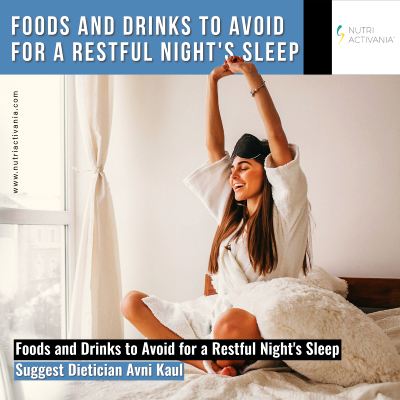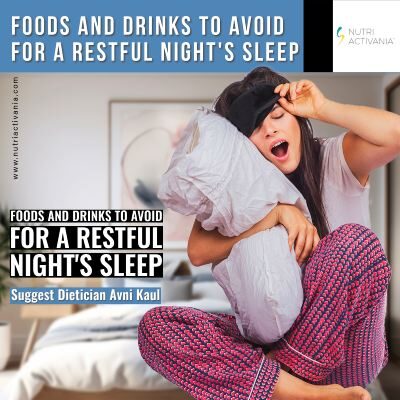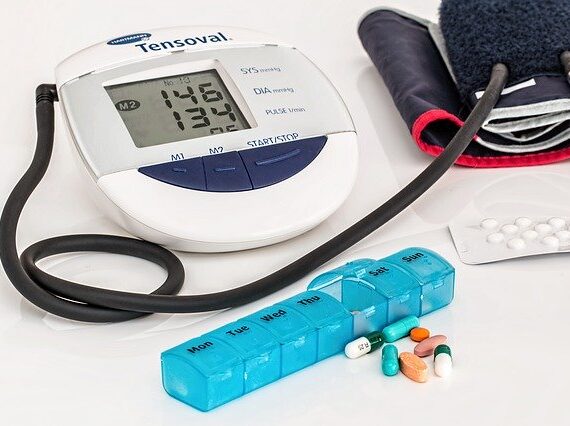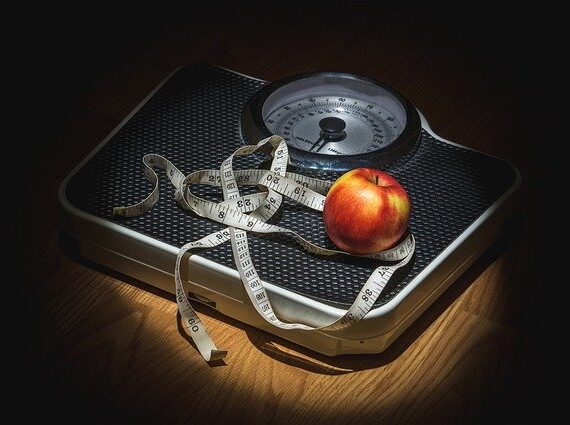A restful night’s sleep is essential for overall well-being, and what you eat and drink before bedtime can significantly impact the quality of your slumber. To ensure a peaceful night, it is crucial to be mindful of your evening menu. Here is a guide on foods and drinks to avoid before bed for better sleep. Leading dietician Avni Kaul shares in this blog.

What are the foods and drinks to avoid before going to sleep?
Some of the foods and drinks that you need to stay away before you go to sleep are:
Caffeine and Nicotine:
Steer clear of caffeine and nicotine in the hours leading up to bedtime. Found in coffee, tea, chocolate, and some sodas, caffeine is a stimulant that can interfere with your ability to fall asleep. Nicotine, a component of cigarettes and other tobacco products, is also a stimulant that can disrupt your sleep cycle.
Hard Drinks:
While a nightcap might seem like a good way to unwind, hard drinks can have negative effects on your sleep. While it may help you fall asleep faster, it often leads to disrupted sleep later in the night. It reduces the time spent in the restorative REM (rapid eye movement) sleep, impacting overall sleep quality.
Spicy and Heavy Meals:
Indulging in spicy or heavy meals close to bedtime can lead to discomfort and indigestion. These foods can cause acid reflux, making it difficult to lie down comfortably. Opt for lighter, well-balanced meals in the evening to promote better digestion and reduce the risk of heartburn.
High-Sugar Snacks:
Sugary snacks and desserts may provide a quick energy boost, but they can lead to blood sugar spikes and crashes, disrupting your sleep. Try to avoid sugary treats before bed and opt for healthier snacks, such as a small serving of nuts or a piece of fruit.
Highly Processed and Fatty Foods:
Foods high in fat and heavily processed can also interfere with sleep. They take longer to digest, and the discomfort may keep you awake. Instead, choose whole, nutrient-dense foods that are easier on the digestive system.
Sodas and Carbonated Drinks:
Carbonated drinks, including sodas, can cause bloating and gas, making it uncomfortable to lie down. Additionally, many sodas contain caffeine and sugar, further contributing to sleep disturbances.
Excessive Fluids:
While staying hydrated is important, consuming excessive fluids right before bed can lead to frequent trips to the bathroom during the night. Limit your fluid intake in the hours leading up to bedtime to avoid disruptions.
Avni says that creating a sleep-friendly evening routine involves making mindful choices about what you consume. By avoiding stimulants like caffeine and nicotine, steering clear of heavy, spicy, and sugary foods, and moderating alcohol and fluid intake, you can set the stage for a restful night’s sleep. Remember, it is not just about what you eat, but when you eat it, so aim to finish your last meal or snack at least a few hours before bedtime for optimal sleep hygiene. Sweet dreams!




